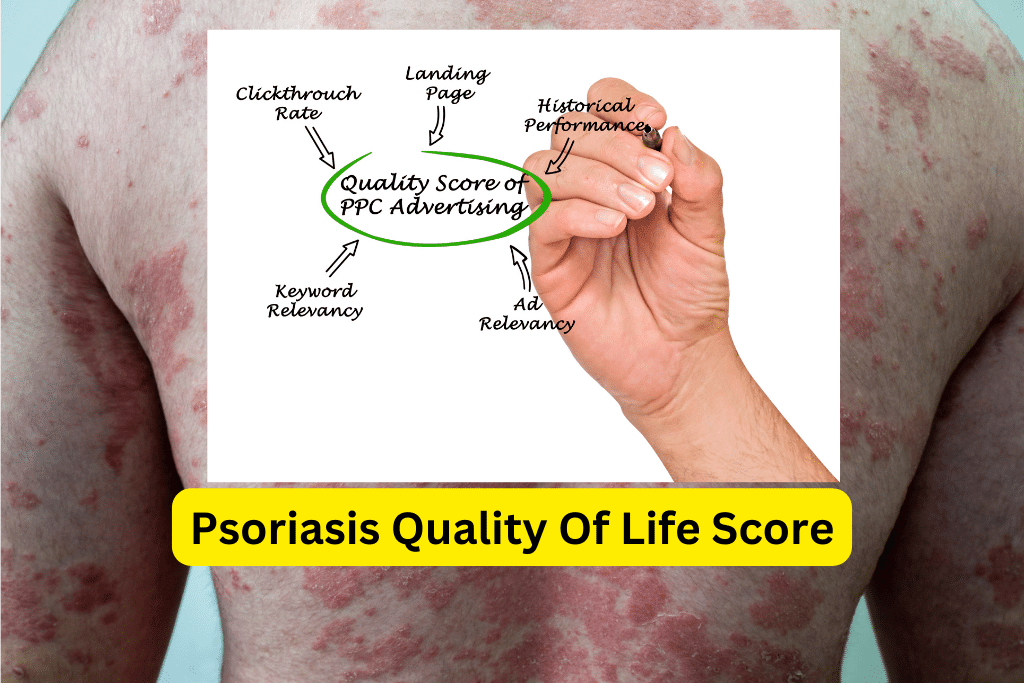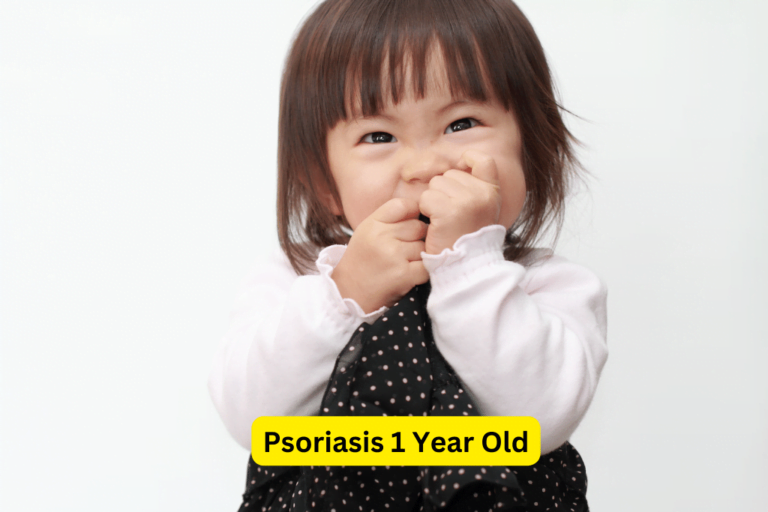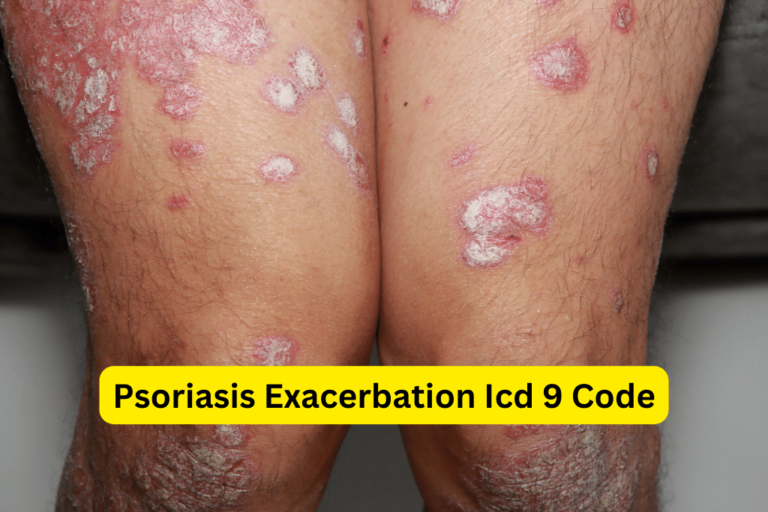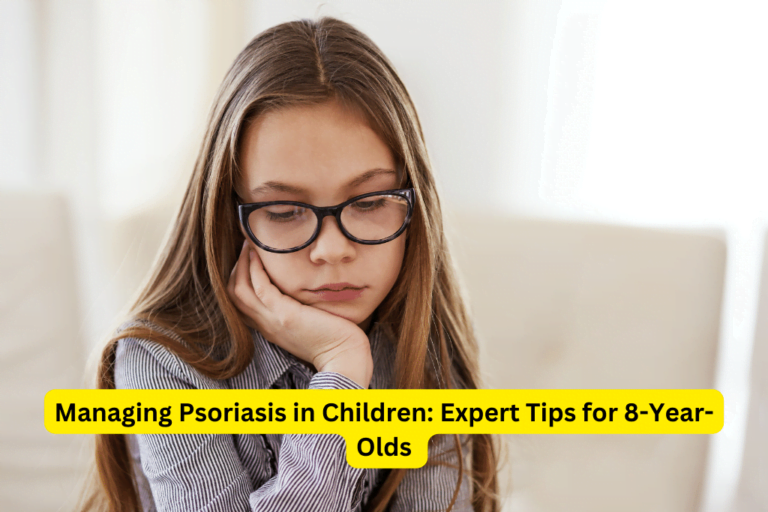Path to Psoriasis Freedom: Empowering Quality of Life
Psoriasis Quality Of Life Score
Psoriasis Quality of Life Score (PQOL) is a valuable tool for understanding and assessing the impact of psoriasis on an individual’s overall well-being. Psoriasis is a chronic autoimmune condition that affects the skin, causing red, scaly patches that can be uncomfortable and unsightly. However, the effects of psoriasis go beyond the physical symptoms. It can also have significant emotional and social repercussions, affecting a person’s quality of life.
Understanding Psoriasis and its Impact on Quality of Life
Psoriasis is a skin condition characterized by the rapid buildup of skin cells, leading to the formation of thick, red, and scaly patches. It is caused by an overactive immune system attacking healthy skin cells. Apart from the physical symptoms, psoriasis can also have a profound impact on an individual’s quality of life.
Physically, psoriasis can cause itching, pain, and discomfort. The severity of symptoms can vary from mild to severe, affecting daily activities and sleep patterns.
Emotionally, psoriasis can lead to feelings of embarrassment, self-consciousness, and a negative body image. The visible nature of the condition can result in anxiety, depression, and low self-esteem.
Socially, psoriasis can affect one’s interpersonal relationships and social interactions. People with psoriasis may experience stigmatization, discrimination, and exclusion, leading to social isolation and a decreased quality of life.
According to statistics, psoriasis affects approximately 2-3% of the global population, with the prevalence varying across different regions. It can occur at any age, but most commonly appears between the ages of 15 and 35. The impact of psoriasis on quality of life can be significant, with studies showing that individuals with psoriasis experience a reduced health-related quality of life that is comparable to other chronic diseases such as diabetes and cancer.
Introduction to Psoriasis Quality of Life Score (PQOL)
The Psoriasis Quality of Life Score (PQOL) is a tool specifically designed to assess the impact of psoriasis on an individual’s quality of life. It takes into account the physical, emotional, and social domains affected by the condition. The development of PQOL was driven by the need for a comprehensive measure that goes beyond the evaluation of physical symptoms and addresses the broader effects of psoriasis.
Assessing quality of life in psoriasis management is essential for several reasons. It enables healthcare professionals to have a more holistic understanding of the individual’s experience, helps in tailoring treatment plans to address specific concerns, and provides a benchmark for tracking the effectiveness of interventions over time. PQOL is a reliable tool for evaluating quality of life in psoriasis and has been validated in numerous studies.
When compared with other quality of life assessment tools, PQOL stands out because of its specific focus on psoriasis and its comprehensive nature. It captures the multidimensional effects of psoriasis and provides valuable insights into the various aspects that contribute to an individual’s overall well-being.
Components of the Psoriasis Quality of Life Score
PQOL comprises several domains that assess different aspects of an individual’s quality of life affected by psoriasis:
- Physical symptoms and limitations: This domain evaluates the impact of physical symptoms such as itchiness, pain, and discomfort on daily activities, mobility, and sleep patterns.
- Emotional well-being and psychological impact: This domain assesses emotional distress, self-esteem, body image, and psychological well-being affected by psoriasis.
- Social interactions and relationships: This domain explores the impact of psoriasis on interpersonal relationships, social interactions, and social support networks.
- Impact on work and daily activities: This domain evaluates the effect of psoriasis on work productivity, ability to perform daily activities, and overall functioning in society.
Each domain is scored individually, allowing for a comprehensive assessment of the different aspects of an individual’s quality of life affected by psoriasis. The scores can be interpreted to provide a deeper understanding of the specific challenges faced by the individual and guide the development of personalized treatment plans.
Administering the Psoriasis Quality of Life Score
PQOL can be administered through various methods, depending on the context and preference:
- Self-report: Individuals with psoriasis can complete the PQOL questionnaire themselves, providing valuable insights into their personal experiences and challenges. This can be done as part of routine appointments or as a standalone assessment.
- Clinician-administered: In some cases, healthcare professionals may administer the PQOL questionnaire during appointments to gather additional information and ensure comprehensive assessment.
The frequency of PQOL assessment may vary depending on the individual’s needs and treatment plan. It can be initially administered to establish a baseline measurement and then periodically repeated to track progress and assess the impact of interventions over time. Regular and systematic assessment of PQOL can provide valuable data for healthcare professionals and individuals alike.
Utilizing the Psoriasis Quality of Life Score in Clinical Practice
Healthcare professionals play a crucial role in assessing and utilizing PQOL to enhance psoriasis management and improve quality of life. By using PQOL, healthcare professionals can gain a deeper understanding of the specific challenges faced by individuals with psoriasis and tailor treatment plans accordingly.
PQOL results can guide treatment decision-making by identifying the areas of highest concern for the individual. For example, if emotional well-being scores are low, healthcare professionals can prioritize interventions to address the psychological impact of psoriasis, such as counseling or therapy. If physical limitations are predominant, interventions targeting symptom management and functional improvement can be given more attention.
Incorporating PQOL assessment into routine clinical practice can help foster a patient-centered approach and enable individuals to actively participate in their treatment decisions. It acknowledges the importance of addressing quality of life concerns alongside the physical symptoms of psoriasis.
Empowering Individuals with Psoriasis to Improve Quality of Life
Empowering individuals with psoriasis to actively participate in their journey towards improved quality of life is essential. Self-assessment and understanding of PQOL results are key steps in this process.
Awareness of the impact of psoriasis on different domains and understanding a person’s personal scores can help individuals identify areas they want to focus on and develop strategies for managing psoriasis-related challenges.
Physical self-care techniques: This can involve practicing good skin hygiene, using appropriate moisturizers, avoiding triggers, and seeking medical care for symptom management.
Emotional support and coping mechanisms: Individuals can explore various coping mechanisms such as meditation, mindfulness techniques, engaging in hobbies, and seeking support from loved ones or support groups.
Building a support network: Connecting with others who have psoriasis and sharing experiences can help individuals feel less isolated and provide valuable insights and emotional support.
Psoriasis Quality of Life Score and Research
Psoriasis Quality of Life Score has not only been useful in clinical practice but also contributes to advancing research in psoriasis. It is often used in clinical trials and research studies as a valid and reliable measure of quality of life in individuals with psoriasis.
By utilizing PQOL in research, researchers can gain a better understanding of the impact of emerging treatments, interventions, and novel therapies on an individual’s quality of life. This knowledge can assist in the development of more effective treatment strategies and interventions that target the specific needs and concerns of individuals with psoriasis.
Conclusion
The Psoriasis Quality of Life Score (PQOL) is a valuable tool for understanding, assessing, and improving the quality of life of individuals with psoriasis. It enables healthcare professionals to have a comprehensive understanding of the multidimensional effects of psoriasis and develop personalized treatment plans. Likewise, it empowers individuals to actively participate in their own journey towards improved quality of life. By addressing the physical, emotional, and social challenges associated with psoriasis, individuals can optimize their overall well-being and live fulfilling lives, free from the limitations imposed by the condition.
"Have You Seen Mike Walden's new holistic acne System yet? It's called "Acne No More" I've read the whole thing (all 223 pages) and there's some great information in there about how to naturally and permanently eliminate your acne without drugs, creams or any kind of gimmicks. I highly recommend it - it's very honest and straightforward without all the hype and b.s. you see all over the net these days. Here's the website where you can get more information:
Click Here -->AcneNoMore









